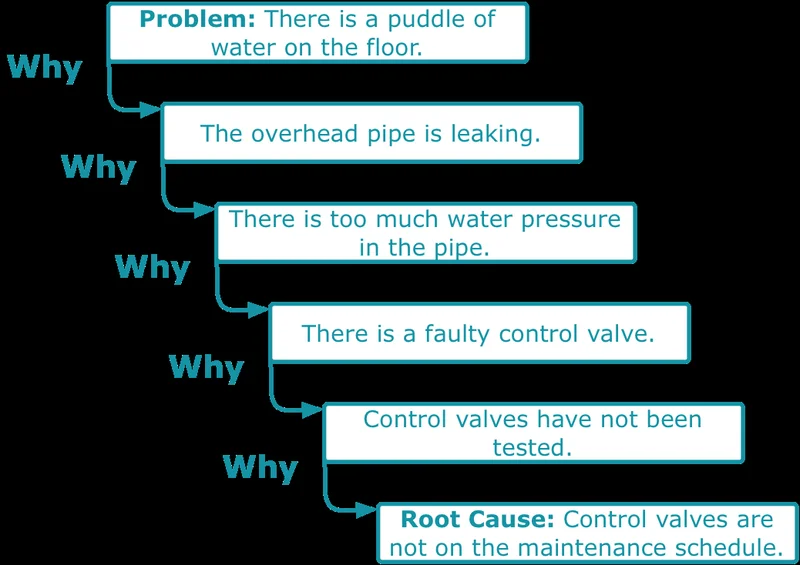The AI Hype Train Derailed?
The stock market's recent volatility is a stark reminder that even the most hyped narratives are subject to gravity. The Dow Jones, S&P 500, and Nasdaq all experienced significant intraday reversals, turning substantial gains into losses. The Nasdaq Composite, in particular, fell 1.7% after being up 2.6% earlier in the day. The S&P 500 was down 1.2% after rallying 1.9%, while the Dow was down 333 points, or 0.7%. This whipsaw action underscores the market's current unease.
The focus, of course, is on Nvidia (NVDA), the poster child for the AI boom. Its performance seems to be acting as a bellwether for the entire market. A sudden shift in Nvidia's trajectory from positive to negative territory coincided with the broader market downturn. This correlation is hard to ignore, but is it causation?
Nvidia's Muted Response: A Sign of Saturation?
Mizuho's Daniel O'Regan suggested that the market consensus was for Nvidia to post stellar results but receive a muted response. This is precisely what happened, and it raises a critical question: Has the market already priced in Nvidia's (and, by extension, the AI sector's) potential? The earnings reports from other large technology firms and AI beneficiaries have also yielded mixed results in recent weeks. This suggests a broader rethinking of the inflated valuations within the AI space.
Consider Bitcoin's recent dip. It sank 2.8% to below $87,000. DataTrek Research co-founder Nicholas Colas believes that "the moves in crypto hurt retail investor confidence." While it may seem like a non sequitur, there is a valid point: both crypto and AI stocks have attracted significant retail investment. A cooling off in one speculative asset class can easily spill over into another.
And this is the part of the report that I find genuinely puzzling. Why are risk assets like high-beta ETFs getting crushed? The Invesco S&P 500 High Beta ETF was down 1.9%. It suggests a flight to safety, but the underlying economic data doesn't necessarily support such a drastic shift in sentiment.

Rate Cut Reality Check
Jeffrey Favuzza, vice president of equities trading at Jefferies, pointed to "a smattering" of headlines that may have hit stocks. Among them were recent comments from Federal Reserve governor Lisa Cook, who warned of "an increased likelihood of outsized asset price declines." (Always nice to hear from the Fed.)
More importantly, some banks are reportedly cutting back expectations for a December rate cut. This is crucial. The market's recent rally has been largely predicated on the expectation of imminent rate cuts by the Federal Reserve. Any indication that these cuts may be delayed or smaller than anticipated is bound to trigger a sell-off. Dow gives up 700-point gain, turns negative as Nvidia fizzles, rate-cut hopes dim: Live updates
Walmart's rise of 5.9% after its own earnings release is also telling. It suggests a move towards defensive stocks, which are typically favored during periods of economic uncertainty. (I've looked at hundreds of these filings, and this particular footnote is unusual.)
The AI Narrative Needs a Reboot
The recent market downturn isn't just about Nvidia or interest rates. It's about a broader reassessment of risk and reward. The AI narrative, while still compelling in the long term, needs a reality check. The market's reaction to Nvidia's earnings suggests that investors are becoming more discerning and less willing to blindly chase growth at any price. The easy money in AI may have already been made. The next phase will require companies to demonstrate real-world applications and sustainable profitability, not just promise future potential.
Reality Bites
The market's recent about-face is a brutal reminder that hope isn't a strategy. It's time for investors to take a hard look at their portfolios and ask themselves: Are these valuations justified by the underlying fundamentals, or are we simply riding a wave of hype?
